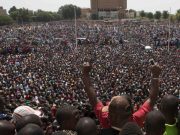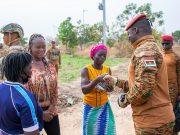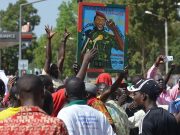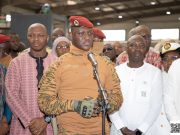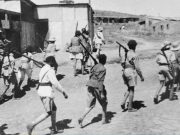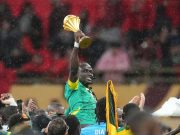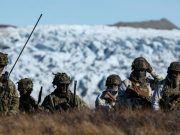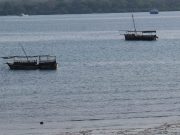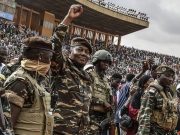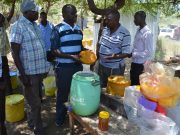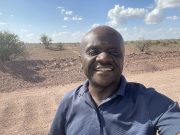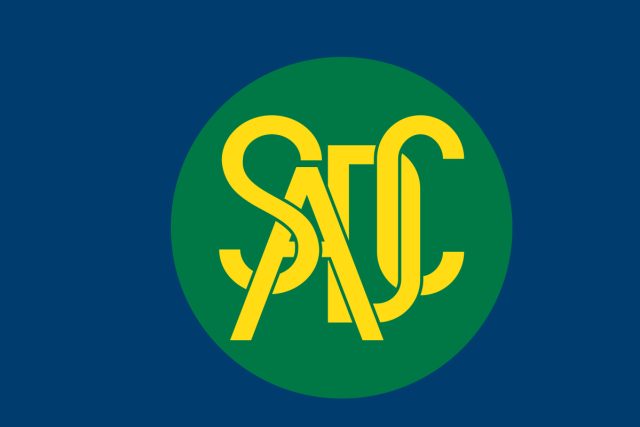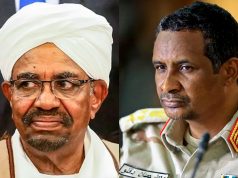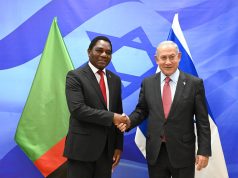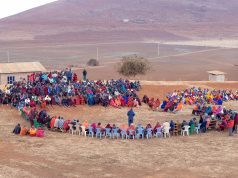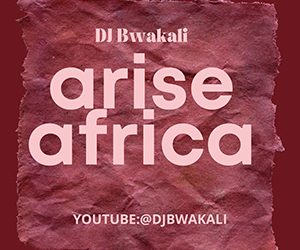To download the SADC Report, click here
In 2024, Aminata and I spent some time in Arusha and Tanga. We fell in love with the rhythm of Tanzanian life, the quiet dignity of its people, the beauty of its landscapes, and the subtle strength that hummed beneath the surface. Tanzania, I thought, was the one country that had learned how to balance calmness with courage. But in October 2025, that illusion collapsed.
The SADC Election Observation Mission has now confirmed what the blood on Tanzanian soil already told us: the elections were not free and not fair. The SADC team, led by Richard Msowoya, did not use vague diplomatic phrases. They said, plainly and firmly, that “in most areas, voters could not express their democratic will.” That single sentence cuts through the fog of official statements and government propaganda. It is a verdict of failure, a regional indictment against a system that has traded democracy for domination.
I read the SADC report line by line. What it reveals is chilling. Opposition leaders were arrested, intimidated, and disqualified. Tundu Lissu, the fiery leader of Chadema, was dragged to court on treason charges. Luhaga Mpina of ACT-Wazalendo was barred from running. Activists disappeared. Party agents were chased from polling stations. In a country that prides itself on peace, fear became the new currency of control.
The report says the streets were calm. But calmness can be deceptive. Tanzania was not calm; it was silenced. The peace that the government celebrated was not the peace of democracy; it was the stillness of suppression. People stayed home not because they trusted the system but because they feared it. A nation of 61 million people, and yet polling stations were empty. What kind of democracy produces silence where there should be song?
SADC observers were harassed by security forces. Their passports were seized and their photos deleted. If international observers faced such hostility, imagine what ordinary citizens endured. Imagine the mother in Mbeya who stood in line to vote, only to hear gunfire from the next street. Imagine the young activist in Dar es Salaam who watched soldiers patrol the roads while his internet connection went dead. The report confirms that the government shut down the internet during voting and counting. That blackout was not a technical failure. It was a calculated strike against truth.
While the ruling party dominated state television, opposition voices vanished from the airwaves. Journalists self-censored to avoid losing their licenses. Private media outlets operated like prisoners on parole, careful not to say too much. And so the election unfolded in darkness, both literal and metaphorical.
Then there is the constitutional machinery that seals the fate of Tanzanian democracy. Article 41(7) of the Constitution forbids courts from questioning presidential election results. Another clause prevents judicial review of electoral commission decisions. The president appoints the very commissioners who run the elections. Independence exists only in name. Accountability exists only in theory. These provisions form an iron cage that locks out justice.
The SADC mission noted that only three of the seventeen presidential candidates were women. Youth participation was low. Funding for voter education was slashed. Civil society organizations were denied accreditation. Even the electoral observers, 80 professionals from ten SADC countries, were blocked from full access in several regions. Yet, despite all this, the regime insists it has delivered democracy.
I call it what it is: soft-spoken dictatorship. A government that holds elections without competition and calls it legitimacy. A government that builds prisons for opponents and calls them courts. A government that kills its citizens and calls it peace.
Hundreds of Tanzanians have died because of this election. Their names may never appear in official reports, but their absence haunts the conscience of a continent. These are not just victims of bullets; they are victims of betrayal. They believed in the ballot, and the ballot betrayed them.
SADC’s conclusion is diplomatic, but its meaning is devastating. “The 2025 General Election in the United Republic of Tanzania fell short of the requirements of the SADC Principles and Guidelines Governing Democratic Elections.” That is the regional equivalent of a red card. It means Tanzania has failed the basic test of political honesty.
I am angry, not just at the Tanzanian government but at our collective African silence. When SADC tells the truth, how many of our leaders will listen? How many will pretend not to hear? How many will praise “peaceful elections” while walking over graves?
Tanzania deserves better. Africa deserves better. We cannot continue accepting fake stability at the cost of genuine freedom. The same script has been played in too many capitals, with arrests, censorship, intimidation, and then the grand declaration that “the people have spoken.” No, the people have not spoken. They have been silenced, and their silence is mistaken for consent.
In 2024, I walked through Tanga’s streets at sunset, listening to the sound of children playing football and vendors calling out their last prices. I remember thinking that this was a country alive with potential. Today, those same streets echo with fear. The laughter has thinned out. The hope has dimmed.
The SADC report is more than a document. It is a mirror. It shows us what happens when power devours principle and when leadership turns into tyranny. But it also offers an opening, a call to action. SADC has spoken, and now Africans must respond. The Tanzanian people cannot stand alone in this fight.
If good governance is to mean anything in Africa, then Tanzania’s stolen election must not be forgotten. It must become a rallying cry, a warning, and a lesson.
Because when ballots become bullets and truth becomes treason, silence becomes complicity. And I, DJ Bwakali, refuse to be silent.
